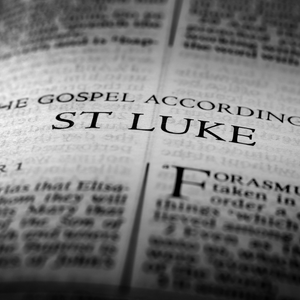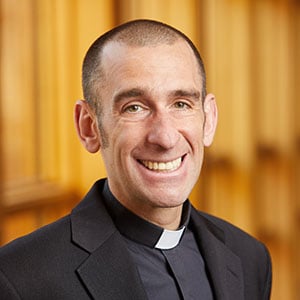 My soul proclaims the greatness of the Lord; my spirit rejoices in God my savior, for he has looked with favor upon his lowly servant.
My soul proclaims the greatness of the Lord; my spirit rejoices in God my savior, for he has looked with favor upon his lowly servant.
In his reflection on the Magnificat, the hymn of joy that Mary sings in response to the blessing she received from her cousin, Elizabeth, Scripture scholar Fr. Raymond Brown paid special attention to Mary’s identification of herself as God’s “lowly servant.” Similar to referring to herself as “the handmaid of the Lord” in response to the Angel Gabriel, Luke’s word choice not only highlights the religious significance of seeing ourselves as servants of God after the heart of Our Blessed Mother, but it also reflects the social and economic status of most early Christians. Brown writes that:
“…when the Roman governor Pliny in the early second century went looking for Christians to find out what this strange group was, he turned to slave women because among such lowly creatures he was likely to find Christians. That Mary designates herself a handmaid is poetically beautiful in our hearing, but to outsiders in early times it would be another confirmation that Christianity was bizarre: a group consisting of many slaves, worshipping a crucified criminal. Whether or not the Magnificat came from an early Christian group of ‘Poor Ones,’ it clearly shares their mentality. Mary has become the spokeswoman of their ideals.”
The mentality and perspective of the “poor ones” and God’s “lowly servants” imbues the Magnificat as it describes God’s salvific action, which “casts down the mighty from their thrones” and “lifts up the lowly,” and it enshrines the whole message of Luke’s Gospel in just a few poetic verses. By giving herself totally and freely as God’s “lowly servant,” Mary has become the first disciple, the first Christian—and as the literal bearer of the incarnate Word of God, she is the first to proclaim the Gospel to the world, starting with her cousin Elizabeth.
At the end of each day, during Evening Prayer in the Liturgy of the Hours, the Church prays Our Blessed Mother’s joyful canticle. And when we do this, we return to that first proclamation of the Gospel. Once again, we return to our roots as a “strange” and “bizarre” group of “poor ones,” who, from that humble and lowly position, can glimpse, rejoice and actively take part in God’s long run of salvific work far beyond Advent.

 Fr. Ryan Lerner, Chaplain
Fr. Ryan Lerner, Chaplain


